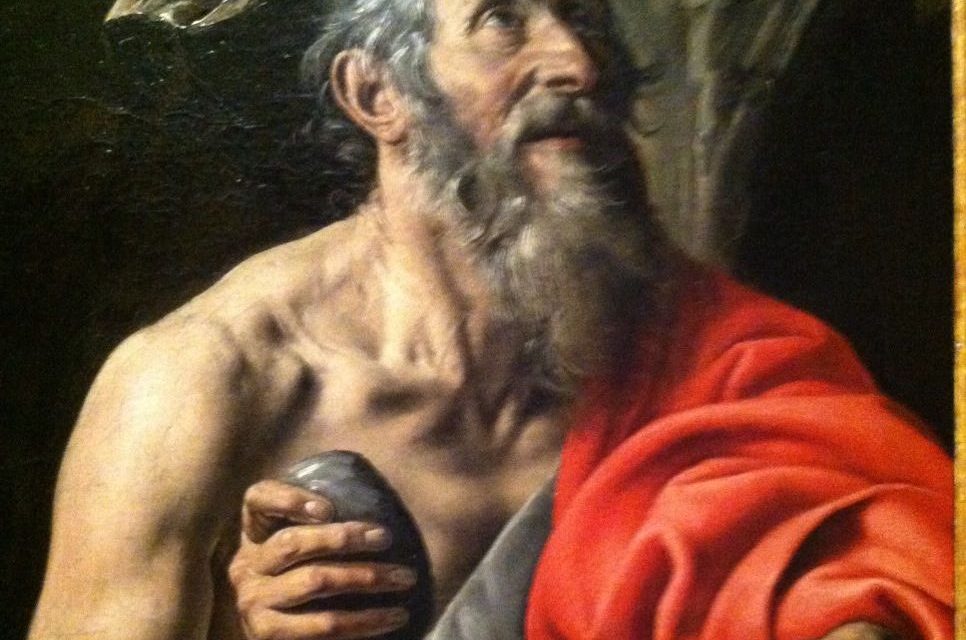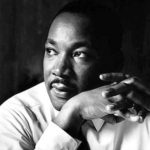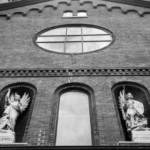I believe much of what passes for Christian spirituality is wrongheaded. Let’s be very clear and certain: the goal of Christian spirituality is to give up control over one’s life. When Christians borrow stress-reducing practices, mindfulness therapies, diets, or any number of self-help strategies they may not need the Holy Spirit of God at all.
A practice such as controlled breathing may indeed reduce stress and anxiety, and it may allow one to feel close to God, but the power of the practice is actually focused on gaining mastery over one’s failings and shortcomings. Any contemplative practice that does not diminish the throne of self, that is idolatry of self, is counterproductive to the mastery of the Spirit over one’s life.
Specifically, it seems to me that body-focused disciplines are especially prone to slipping into ego-focused self-help. Diet and yoga, Christian breathing and stretching, centering prayer – are not evil or bad in themselves. These are fine practices. They are helpful. But one must consistently ask, “Does this discipline force me to a greater dependency on God? Or could I very well just practice this discipline without God?”
Then what practices are best for self-emptying? Lectio divina seems to disrupt the autonomous ego. The Bible’s spiritual theme is a constant mantra of “Hey you! Stop thinking you’re God!” You’re not God! Take off your shoes you’re on holy ground!” Jesus prays in the garden before his arrest, “Not my will Father, but yours.” This is the model of prayer and Christian spirituality. Lectio divina provides a powerful window into one’s “nothingness” in light of the witness of scripture. Scripture meditation most often confronts the idol of self, turning us toward willingness rather than willfulness.
Congregational worship is an act of self-abnegation because it involves the community (you don’t get to sing a solo in group worship.) Contemplative retreat seems to till the hard-packed soul’s soil. The slow isolated movement in an unknown place (like a monastery) forces one pay attention to God.
Fasting (not dieting) is the number one discipline of descent. The gut wants to be master. The gut wants to call the shots: “I want food and I want it now!” But the gnawing gut is real want and metaphorical want… “So you want to satisfy yourself? You will not.”
I know at this point, you may react with a short list of yeah-but’s… “Yeah but yoga makes me feel closer to God and settles my soul like weaned child against its mother.” Okay then practice yoga. “Yeah but retreat can be a self-endulgent vacation and need nothing from God.” True. “Yeah but centering prayer empties the mind, soul, will, body, and strength to allow the Spirit to fill one’s soul.” Okay, practice centering prayer.
It isn’t the practice that is innately evil. It is the outcome or motivation that is important to evaluate. If a practice is nothing but self-help under the guise of Christian spirituality then you get what you wanted: self-help.
Read about the lives of the desert fathers and mothers and one finds a group of Christians who were hard on the body because they sought perfection of spirit. Now that sounds like a formula for self-indulgent self-idolotry. But the desert hermits and monks of the 4th century were excruciatingly focused on renouncing the self. The desert’s spirituality was nothing but down down down… “He must increase, but I must decrease” (John 3:30).
I could say much more about our age of Existential angst (“I must find my true self”), therapeutic dilemma of the disappearance of personal sin and culpability (“I don’t need a priest, just a counselor”), or the dynamic of male versus female spirituality (“Men must fight the temptation of the body and deny the body; but women cannot deny their body – the body must be their friend…”) These topics are powerful drivers in our current spiritual milieu.
This weblog entry is intended to ask you to ask your self, “Do I practice a spirituality of descent, rather than self-help? Do my spiritual habits and disciplines draw me into the ‘fear of God’ or ‘the comfort of my self?'”
*To read about the desert fathers read Thomas Merton’s The Wisdom of the Desert.








